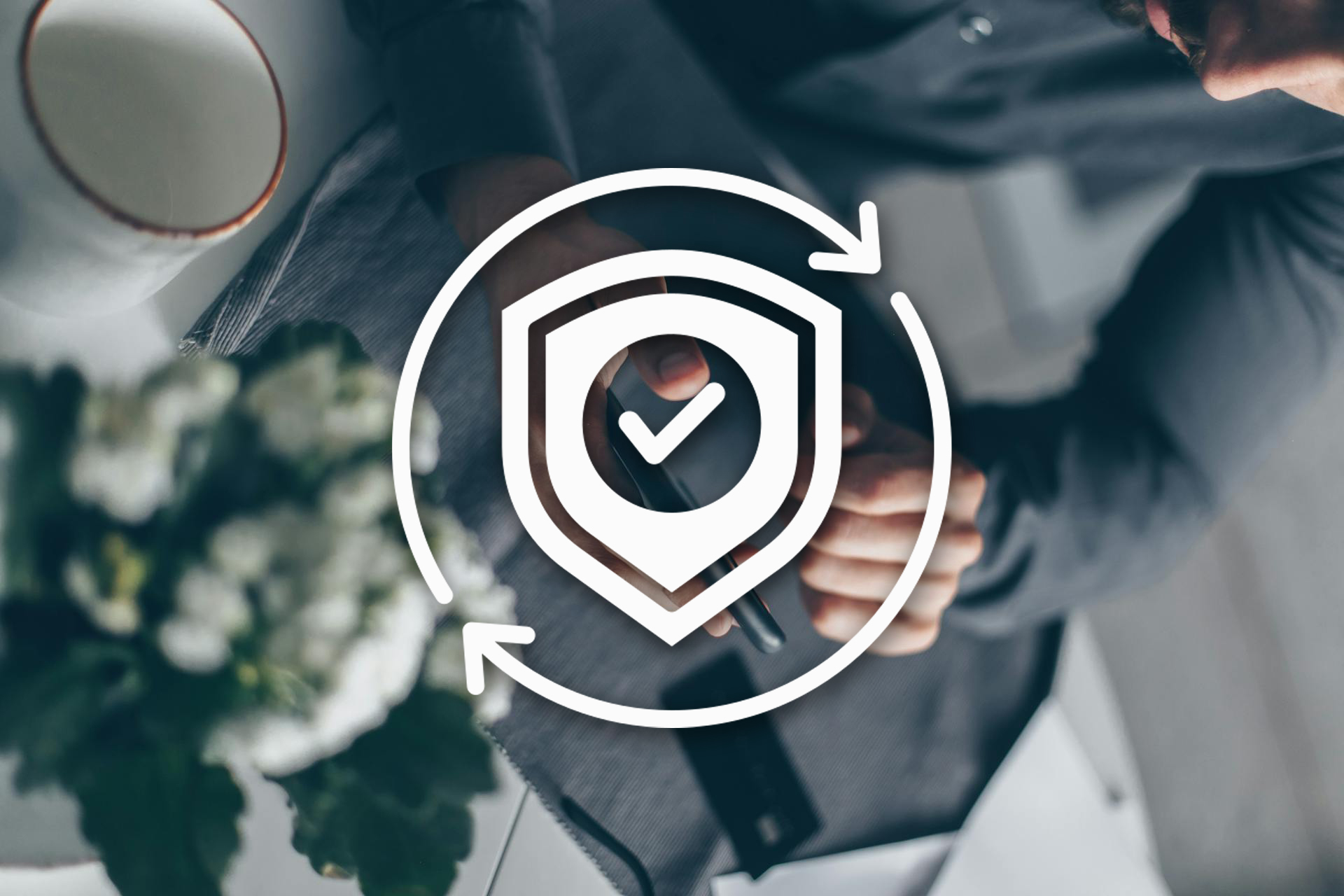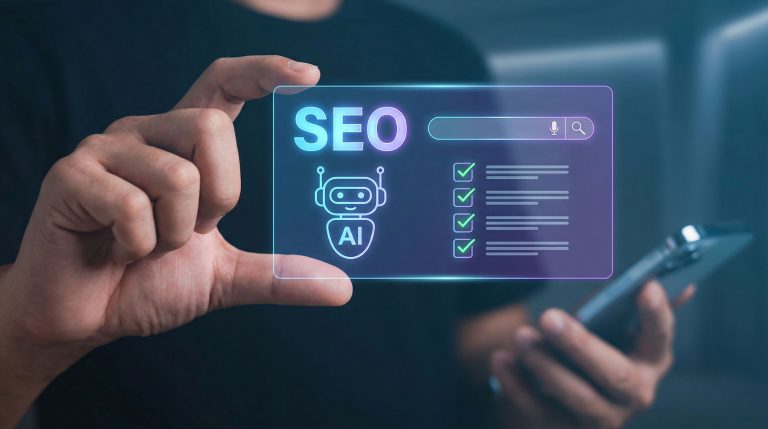In modern times, software security is one of the major concerns during the development of software. Whether it is the development of an application, a platform, or any form of software product, securing your software from vulnerabilities is not only important for the integrity of your product but also for the safety of your users. Software security involves safeguarding your system from cyber threats due to data breaches, malware, and hacking attempts that may have serious consequences for users and businesses.
Protection of User Data
Among the various reasons why software security is a core issue, protection of sensitive information concerning users is an important feature. Protection of such data is needed in an age when all personal and financial information is getting stored and processed digitally. In cases of security breaches, private details of users, which include credit card information, address, social security number, and login credentials, may be accessed by hackers. A data breach does not affect only your reputation but exposes users to fraud and identity theft.
It protects user data from unauthorized access with its powerful encryption techniques, strong password policies, and securing data. Moreover, compliance with the regulations on the protection of data, such as GDPR or CCPA, keeps your software in step with legislation, so that the level of confidence of your users increases even further.
Gaining Users’ Trust
The security of a software product breeds confidence in one’s clientele. Nowadays, people are very sensitive about issues of privacy and security; they will more often use applications or platforms that show serious concern for security. If users suspect that your software may become a cause of any security issues, they will never even think about quitting it and looking for other options that are much more reliable when it comes to security. This may lead to a loss of trust, which can hurt user retention and even jeopardize business growth in general.
Building trust through proactive security is a key component of long-term customer loyalty. Regularly patching your software for security vulnerabilities, giving transparency into your security practices, and prompting users to contribute to securing their accounts-e.g., enabling two-factor authentication-are all ways to ensure a sense of security.
Preventing Financial Loss
Poor security of software can be disastrous in terms of finances. A breach or cyberattack might bring out very serious direct costs in the form of loss of intellectual property, compliance-related fines, and legal fees from lawsuits. Incident response costs involve contracting cybersecurity professionals to mitigate the breach, notify users, among other costs that rebuild public relations to restore your company’s reputation.
Besides direct costs, businesses suffer from long-term financial losses due to reduced customer trust and the possible loss of future sales. It can take several years for a brand to restore its image after a security breach, and the financial damage may be more than the cost of proactive investment in security right from the very beginning.
Protecting Your Brand’s Reputation
Security and reputation are inextricably linked. If there is an attack leading to a breach of data or services being unavailable, that would lead to long-term damage to publicity. Stories about data breaches spread rapidly, and it can have devastating reputational consequences for your organization, even if you take immediate steps to resolve the issue.
A good reputation in the fields of security and reliability differentiates your business in the field; a poor security record alienates the users, ultimately affecting your position in the marketplace. Therefore, businesses have to set out on serious security framework implementations within the software itself if they wish to prevent being fined and also ensure that there remains no loss in the people’s trust.
Securing the Software Development Life Cycle
Active security doesn’t start after a product release but should be inbuilt as an integral part of the entire SDLC. Embedding safety from design to coding, then testing and deployment ensures most bugs are caught in the formative stages of the life cycle, thereby minimizing a risk of any security issue coming forward to the final product.
If the company lacks such in-house expertise, it is highly important to involve a professional software development company that can introduce secure development practices. Such companies employ teams of experienced developers, security specialists, and testers who will be able to implement best practices, identify vulnerabilities, and make sure your software meets all the required security standards. Because of their expertise in their work, they can guide customers in designing systems that should withstand cyberattacks and help through periodic security audits with respect to any emerging vulnerabilities.
Regulatory Compliance and Legal Requirements
Failure to meet the standards of security will also invite some legal consequences for your business. Most industries, especially financial, health care, and e-commerce businesses, are regulated with certain laws that require businesses to handle security in a certain way. Non-compliance with such regulations as PCI-DSS or HIPAA may lead to enormous fines, legal consequences, and damage to your reputation.
Actually, the introduction of secure practices and making your product compliant with relevant security standards may save your business from legal consequences for both the company and users alike.
Conclusion
Software security is not only a matter of technology; it’s actually a business issue. Strong measures are one way to protect your users against threats while preserving their reputation and building customer trust without serious financial losses. It is during this period, and more importantly within the software development life cycle and beyond, that an active approach to cybersecurity becomes of utmost importance. Only then can businesses really ensure ongoing success and product sustainability in core missions, let alone user safety.







